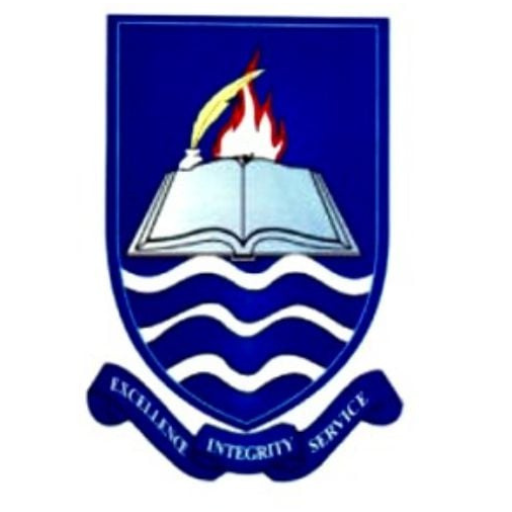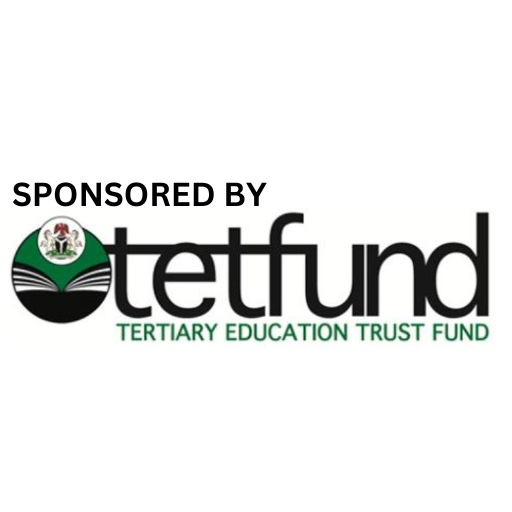Impact of Curriculum Reforms on the Teaching and Learning of Basic Science in Niger State Secondary Schools
DOI:
https://doi.org/10.63561/fnas-jmse.v6i4.912Keywords:
Basic Science, Curriculum Reforms, Teaching, Learning, TeachersAbstract
This study was on curriculum reforms and its impact on teaching and learning of Basic Science in secondary schools in Niger State, Nigeria. A survey research design was employed for the study. The population for the study was all the 181 science teachers from all the Government junior secondary schools in Niger state. simple random sampling technique was used to select Ninety- two science teachers from 10 senior secondary schools in education zone B of the state for the study. Three research questions guided the study. A 30 - item researchermade 4- points scale Questionnaire titled, curriculum reforms and its impact on teaching and learning of Basic science (CRITLBS) was employed for the study. Test retest method was used to determine the reliability of the instrument to be 0.71. The instrument was administered on the respondents in the 10 randomly selected schools in 2024/2025 academic session. Data collected was analyzed using mean and standard deviation. A mean score of 2.5 and above was considered significant. The findings of the study revealed positive impacts of science education curriculum reforms on teaching and learning of Basic science with mean scores of 3.2, 2.9, and 3.4 for positive items. Based on the findings, three recommendations were made. Among which is that, Educational stake holders like managers, government among others should always plan for curriculum reforms at regular intervals
and teachers well equipped to handle reforms by updating their knowledge and skills through seminars, workshops and symposiums so as to ensure improved quality of teachings particularly in the field of sciences.
References
Afolabi, F., Ogunkunle, R., Toluhi, O., Appah, E., & Pelupssiya, M. O. (2021). reforms in Nigeria science education: A Prerequisite for Socio-Economic Development. International Journal of Innovative Sciences and Research Technology, 6(2), 167-173.
Ajayi,K., & Ogunyemi, B. (2023) curriculum reform and sustainable development in Nigeia: A critical analysis. Ethiopian Journal of Education, 43(2),75-78
Chukelu, U. C., & Nkok, E. A. E. (2024) Effect of mother tongue (igbo) on academic achievement of lower universal basic education (UBE) pupils in basic science in Nwagele L.G.A. Imo State, Nigeria. Journal of science, Technology and Education Nasarawa State University. 1(8)2651-5569
Chukwuneke, B. U., & Chikwenze, A. R. (2012). The extent of implementation of universal basic education (UBE) programme in Nigeria: focus on Basic science curriculum. Journal of Research and Development, 4(1) ,116-126.
Dajal, R. J., & Mohammed A.U. (2019). Issues and challenges of science education curriculum in Nigeria primary and secondary schools, the way forward. Global Scientific Journals, 7(10)2320-9186
Ekundayo, M. B. (2012). Teaching science in Africa. Salem: Mede Nigeria Limited. https://integrityresjournals.org/jour nal/IJET Retrieved on 5th January, 2021,132-145 Federal Republic of Nigeria (FRN, 2013). National Policy on Education, (4th Edition). Lagos: NERDC Press.https://doi.org/10.31248/IJET2019 .063.
Igbokwe, C. O. (2015). Recent curriculum reforms at the basic education level in Nigeria aimed at catching them young to create change. American Journal of Educational Research, 3(1), 31–37. https://doi.org/10.12691/education‑3‑1‑7
Igwe, R. O., & Rufai, S. A. (2021). Reforming the curriculum for sustainability in Nigeria: An overview of emergent issues. The Ethiopian Journal of Education, 31(2), 145–164. Retrieved from https://ejol.aau.edu.et/index.php/EJE/article/view/281
Jololuwa, G. T., Mustapha A.G., Salami, S. A. Ogundele R., & Oluwagbemi F. R. (2024). Harnessing science education for future transformation in Nigeria educational perspectives 12(1)255- 276
Ndifon, J. N., Akposi, A. F., & Etu, I. R. (2023). Curriculum reforms in business education: The ICT imperative for teaching efficiency in Nigeria’s junior secondary schools. Journal of Association of Vocational and Technical Educators of Nigeria, 26(1). 123-136
Nkok, E. A. E., & Chukelu, U. C. (2025, Jan). Impact of science education curriculum reforms on Teaching, among secondary schools in Niger state, Nigeria. In a technology driven world. International Journal of Innovative Social & Science Education Research 13(1):34- 41,
Nkok, E.A.E., & Nkok, U. M. (2024). Challenges of science education curriculum implementation among senior secondary schools in Niger State, Nigeria. ABSU Journal of Curriculum and Teacher Education, faculty of education, Abia state university Uturu 4(2)43-57
Nwachukwu, C. C. (2020). Implication of the Science Curriculum in Nigeria to Science Education. Journal of Education and Learning, 9(2), 55-63.
Ogundele, M.O., Okunlola, O. R., Damilola, J. C., & Godfrey, S. (2020). Implementation of basic science curriculum in Nigeria private secondary schools: problems and prospects. Integrity Journal of Education and Training, 4(1), 1-7,
Ojimba, J. P. (2023, May) Reforms in Nigeria’s science education, implications for science teachers. African journal of gender and women studies 6(8)6 001-005
Ojo, .B. Y., & Folarin A. M.(2024). Evaluating the impact of the new technical education curriculum: A case study of vocational schools in Nigeria. https://www. Researchgate.net/ publications/390875319
Ojo, S. O. (2019). Nigerian science curriculum: Challenges and Prospects. International Journal of Education and Research,7(8),33-44 .
Okebukola, P. (2010). Basic education curriculum reforms in Nigeria: Issues of science and technology education. Istanbul Journal of Research in Mathematics, Science and Technology Education (IREMST), 4(1), 3-10.
Okoi. A., O., & Anake, P. M. (2023). Influence of business education curriculum reform on students’ acquisition of innovative skills in Cross River State. Nigeria Journal of Business Education, 10(1), 152-160.
Omayuli, M. O., & Omayuli, V. O. (2019). Reforms and innovation in science education; The Way Forward. Journal of Teacher Perspective. 3(2)181-185.
Sunday, C. T. (2021). Basic science curriculum and development in Nigeria: post covid-19 challenges and prospects. Unizik Journal of Education Research and Policy Studies, 7; https:// unijerps
Ukor, D. D., & Agbidye, A. (2015). Contentious issues in the 2012 revised basic science and technology curriculum for junior secondary schools in Nigeria: the way forward. Research gate. Fudma Journal of Science and Educational Research, 2(1), 173181. Retrieved on 8th January, 2021.
Ultanir, E. (2012). An epistemological glance at the constructivist approach: constructivist leaning in Dewey, Piaget and Montessori. International Journal of Instruction5(2), 195-121
Xu & Ouyang (2021) Application of Ai technology in STEM education, a systematic review from 2011-2021. International Journal of STEM Education. https://10.1186/s40594-022-00377-5. Retrieved on April, 2025







